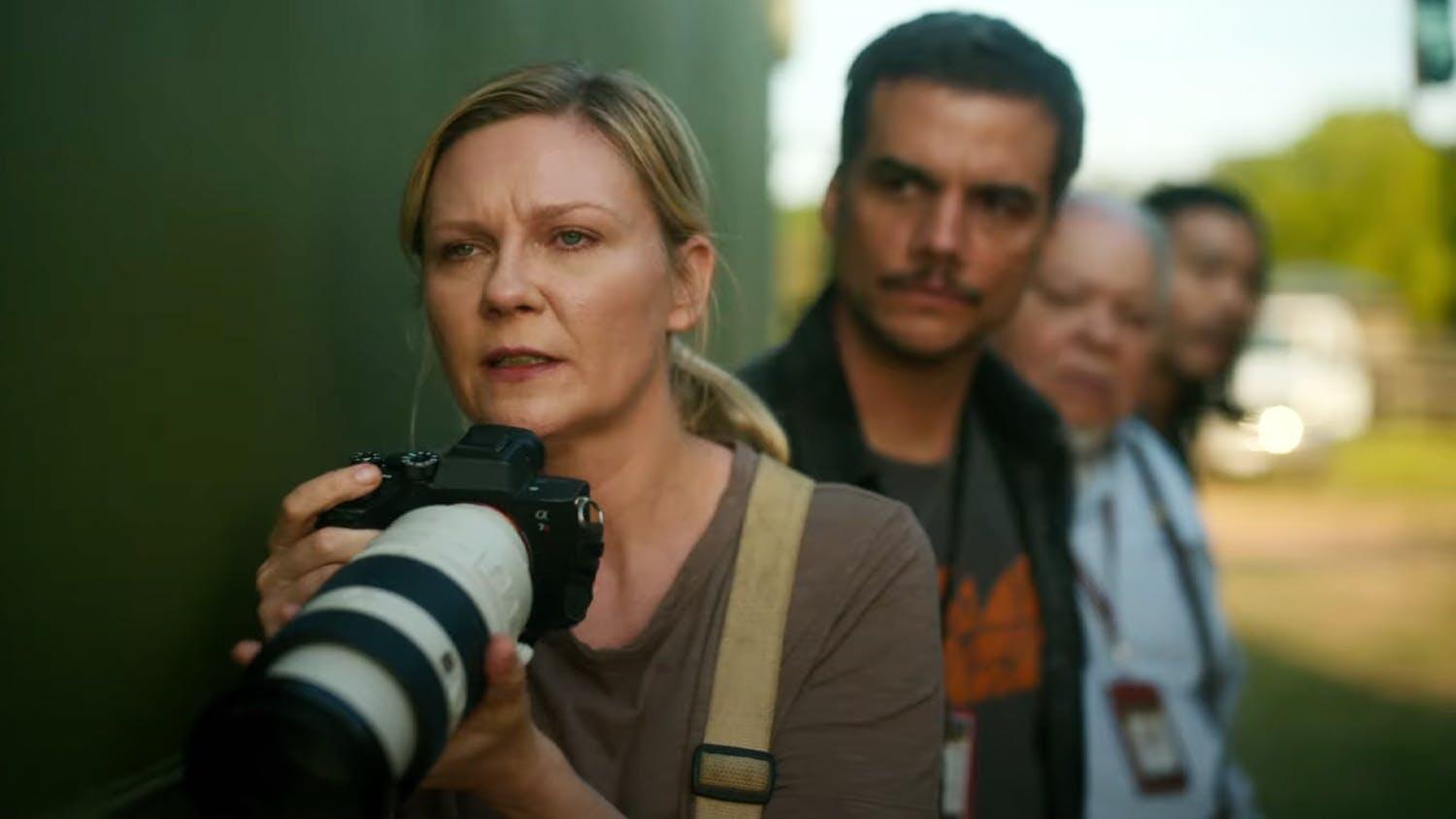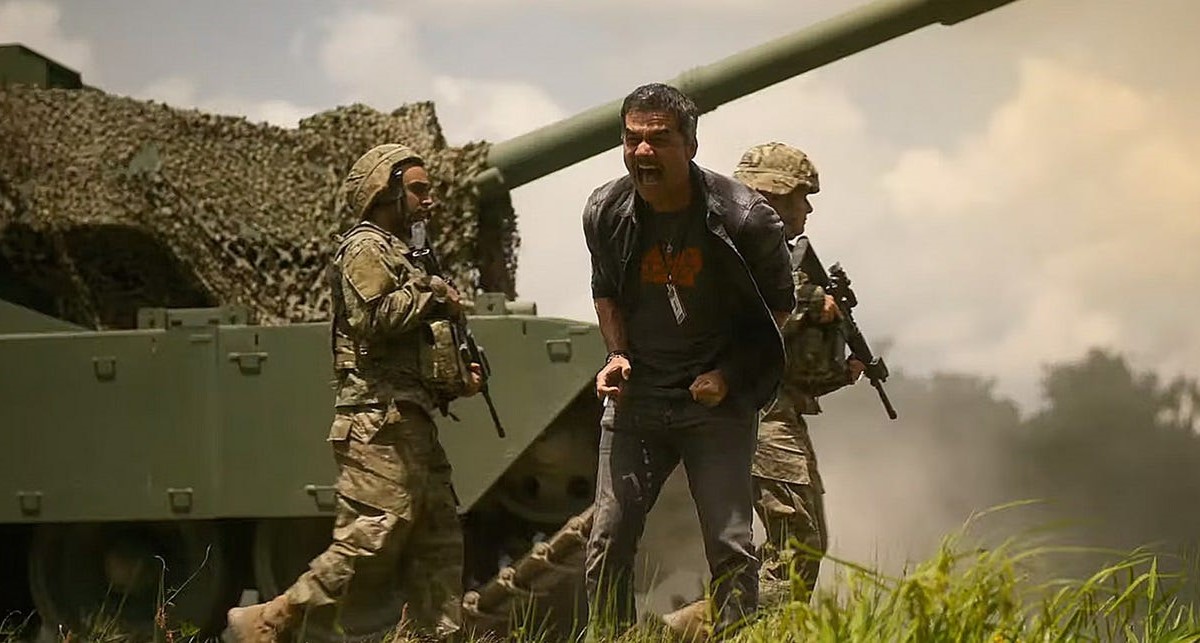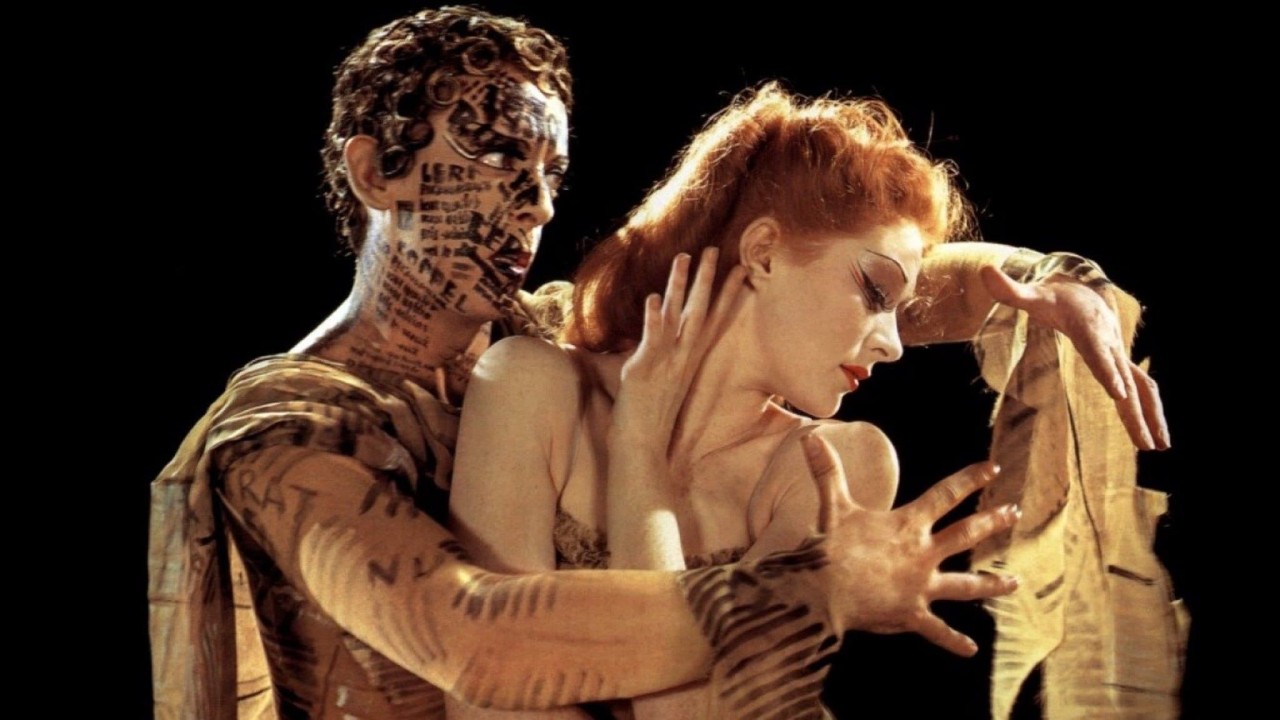Coming of Age in the Summer of ’42
by Vincent Canby
Robert Mulligan’s Summer of ’42 is a memory movie, written, directed and acted with such uncommon good humor that I don’t think you’ll be put off by its sweet soft-focus, at least until you start analyzing it afterwards. It is, perhaps, just a little too perfect, a little too symmetrical; not the way things really were, but the way they should have been (and the way they always are in recollections of tea and sympathy).
The movie is the memory of what it was like to be 15-year-old Hermie, almost 30 years ago, spending the summer with his family on an island off the New England coast, longing to be a man among women but having to make do with Oscy, who was bigger and thus could beat him up whenever he wanted to, and Benjie, who was younger and dumber, but who had access to an illustrated marriage manual.It was a time of Unguentine, “Mary Noble, Backstage Wife,” Bette Davis movies, double-dip ice cream cones (for 12 cents), paddle ball, a distant war and immense frustration. There was the night, for example, when Hermie sat in the back row of the movie house, ecstatically caressing Aggie’s upper arm under the wildly mistaken impression that he had somehow managed to grab hold of her breast. Racked with guilts and exploding with mad desires, Hermie conducts himself like Jack the Ripper, a mysterious lodger in his own house and a figure of some eccentricity abroad, especially to Dorothy, a war bride and the “older person” of 22 whom he loves from afar. “You should be careful,” he says when she goes shopping without a grocery cart. “You could get a hernia.”
Summer of ’42, which opened yesterday at the Fine Arts Theater, is the story of Hermie’s coming of sexual age under circumstances that are, I suspect, a good deal more common in novels and screenplays (and in the Hermie-like fantasies of middle-aged writers) than in real life. However, one of the good things about the film, which is based on an original screenplay by Herman Raucher (who later turned it into a novel, in the manner of Erich Segal), is the reticent quality of its romanticism, which is recorded by the camera matter-of-factly, not subjectively indulged or interpreted in the cinematic equivalents to purple prose. Not so strangely, what works in the screenplay fails utterly in the novel, in which Mr. Raucher gives every impression of trying to write up to the form (sand dunes are described as “sulking in the grass,” and mist is “fickle,” giving way to wind “in spiteful little gushes”). As a novelist, Mr. Raucher has great need of the kind of direction and performances provided by the film. Nostalgia can be rather easily and cheaply obtained in movies—a little fuzzy camerawork, a sad old song on the soundtrack and a tear manufactures itself in the eye.
Mr. Mulligan (To Kill a Mockingbird, Inside Daisy Clover) knows all the tricks but, with the exception of Michel Legrand’s background score, he employs them with discretion in Summer of ’42. He is particularly successful with his young performers—Gary Grimes as Hermie and Jerry Houser as Oscy, neither of whom betrays the mystery of his youthful status with the perfunctory mannerisms of child actors. They are exuberant and intense and very, very funny. Also fine are Jennifer O’Neill, as the “elderly” Dorothy, a girl of almost magical loveliness and vulnerability, and, in smaller roles, Katherine Allentuck (Maureen Stapleton’s daughter) as the besieged little Aggie, and Oliver Conant, as the chicken-hearted Benjie, a guy who grows faint and flees at the prospect of a blind date.
Mr. Mulligan shot the film in northern California, in and around Mendocino, where Norman Jewison shot The Russians Are Coming The Russians Are Coming. Then, as now, I was a little put off by the comparatively mountainous coast, which looks like Cape Cod might have looked before the Ice Age. That’s not terribly important, however, in a romantic film whose foreground is mostly accurate, in which sexual panic and fist fights and nose bleeds are treated with the great comic respect they deserve.
The New York Times, April 19, 1971




